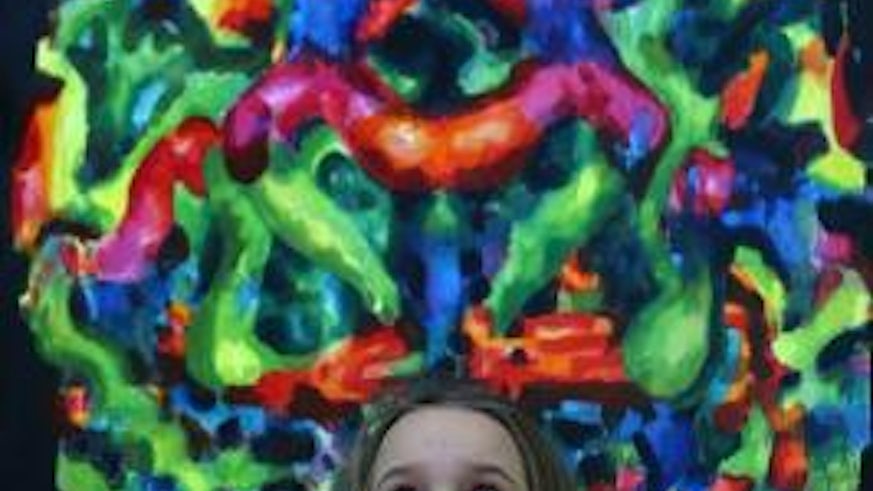Brain Games
12 March 2014

This Sunday (16 March), 11am – 4pm, another round of the Brain Games will take place at Cardiff's National Museum. The free event follows the huge success of last year, which attracted more than 2,600 children and their families.
Children will be able to collect points and win prizes by participating in educational and fun challenges.
For those who attended in 2013, many of the old favourites have been brought back, including the "Brain Wars Force Trainer", "Flipped Shootout" and "Ghost Hand."
There are also numerous new activities, such as "Illusion Hunt" which will weave people through the Brain Games. Children will be able to shrink their families down to the size of a baby using the "Incredible Shrinking Chair" and learn how to move objects using their eyes in "Focus Pocus."
Throughout the day, there will be special talks given by Professor John Aggleton, School of Psychology, on "What Dinosaur's Brains Were Like," and the Brain Games team will run sessions where children will be able to use an MRI scan and try their hand at being a neurosurgeon under the watchful eye of real brain surgeon Professor Liam Gray.
Local artist Penelope Rose Cowley will be exhibiting her artwork at the event as part of the Massive Dynamic project, a collaboration between Cardiff neuroscientists.
With 125 volunteers, this year's Brain Games promises to be bigger and better than ever. This includes massive representation from PsyCardiff - the undergraduate association for psychology students.
Co-organiser Professor Derek Jones of the School of Psychology said: "It is just great that the students are as equally excited about engaging children in the brain as we are."
The 2014 Brain Games is funded by the Society for Neuroscience, with match funding from Cardiff's Neuroscience and Mental Health Research Institute. This was successfully bid for by co-organiser Dr Emma Lane, School of Pharmacy, who said she was "thrilled to be a new part of the team for this year's event, and working hard to build some of the games into the museum's own displays."
This is supported by props purchased with Wellcome Trust money last year.
It is designed give Key Stage 2 pupils (ages 8-11) more information about how their brain works and follows a series of brain assemblies in Cardiff primary schools led by co-organiser Professor Frank Sengpiel, School of Biosiences. He said: "Dozens of pupis entered our brain art competition, and they can't wait to take part in the Brain Games."
The event coincides with the end of Brain Awareness Week, which seeks to increase public awareness of both the progress and the benefits of brain research.